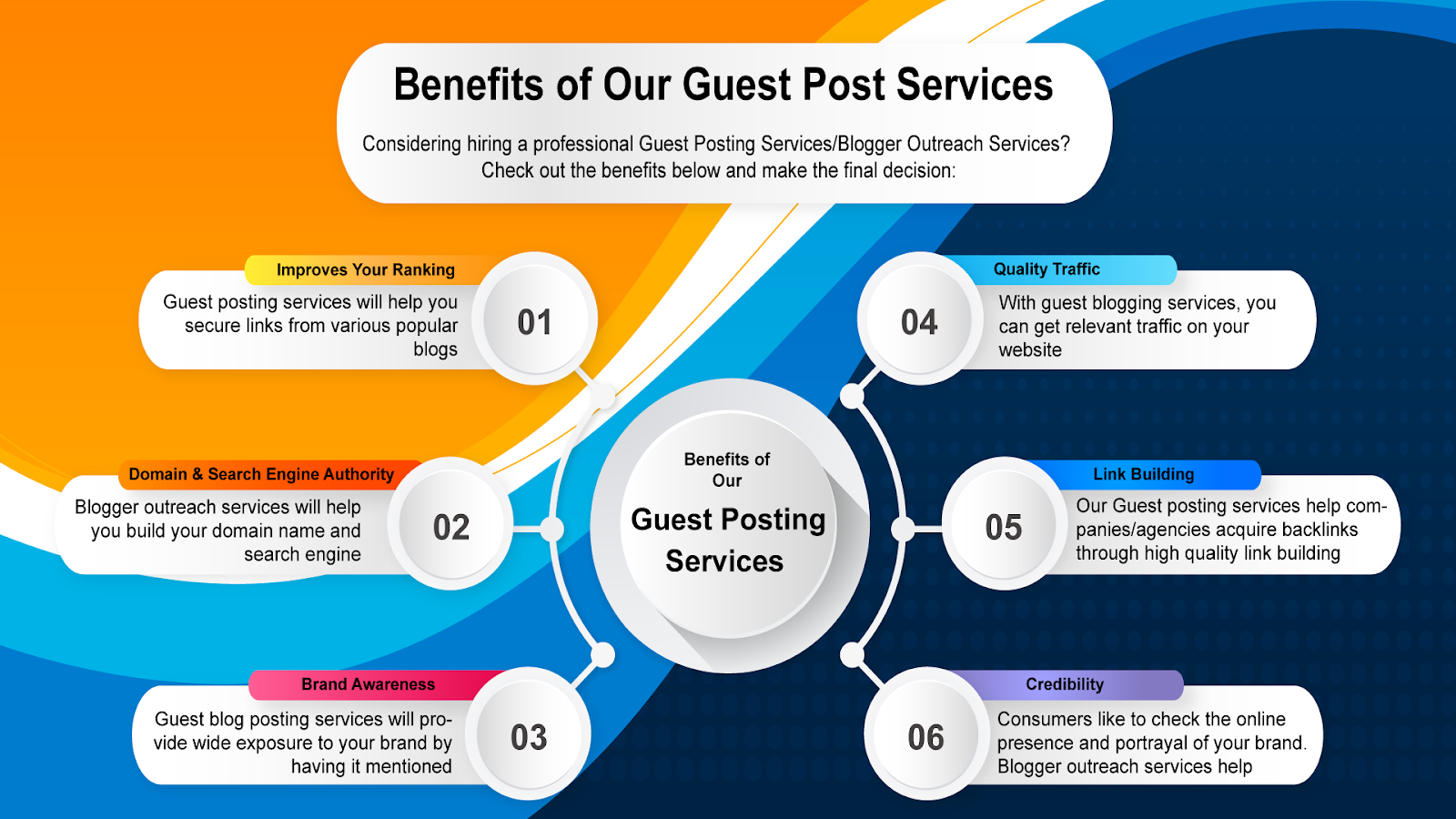Entrepreneurship today is more than just starting a business. It involves understanding market trends, making smart investment strategies, conducting thorough financial analysis, and continuously adapting to new challenges. Entrepreneurs must not only keep their finger on the pulse of their industries but also anticipate and shape the future of business.
Market Trends: Staying Ahead in a Fast-Paced World
To succeed in entrepreneurship, staying informed about market trends is crucial. This involves tracking industry shifts, understanding consumer behavior changes, and being aware of new technological advancements. Entrepreneurs need to:
Analyze Consumer Preferences: Monitoring how consumer preferences shift over time can give businesses the edge they need to tailor products and services effectively.Follow Emerging Technologies: Keeping an eye on digital transformation trends, such as AI, machine learning, and blockchain, can unlock opportunities to stay ahead of the competition.
Monitor Global Markets: Trends like e-commerce growth, sustainability, and remote work models are reshaping industries on a global scale. Entrepreneurs who understand these shifts can better position themselves for success.
Investment Strategies for Sustainable Growth
Sound investment strategies are the backbone of any successful entrepreneurial venture. Whether it's in stocks, bonds, or alternative investments, making the right financial decisions is paramount.
Diversification: Entrepreneurs must not put all their eggs in one basket. By diversifying investments, they can protect against volatility and maximize potential returns.Risk Management: It’s essential to weigh the risks and rewards of each investment. Entrepreneurs should use financial analysis tools to assess risk levels and make informed decisions.
Long-term Perspective: Entrepreneurs should adopt strategies that promote sustainable growth over the long term, rather than focusing on short-term profits.
Financial Analysis: A Key to Decision-Making
Effective financial analysis allows entrepreneurs to make data-driven decisions. This involves evaluating a business's performance through ratios, income statements, and cash flow analysis.
Profitability Ratios: These help measure the efficiency with which a business generates profit.Liquidity Ratios: Assessing liquidity ensures that the business can cover its short-term obligations, a vital aspect of maintaining operations.
Cash Flow Management: Entrepreneurs must maintain a healthy cash flow to meet financial obligations and fund growth.
Startup Advice: Turning Ideas into Reality
Starting a business from scratch requires more than just an idea; it involves careful planning and execution. Startup advice often focuses on creating a clear business plan, securing funding, and launching products effectively.
Business Plans: Entrepreneurs should craft business plans that outline their vision, objectives, target market, and competitive strategies.Funding: Exploring various funding options—venture capital, crowdfunding, or angel investors—can provide the necessary capital for startups to flourish.
Market Fit: It's crucial to launch products or services that meet market demand, ensuring there's a clear path to revenue.
Corporate Governance: Building a Sustainable Business
Corporate governance refers to the system by which companies are directed and controlled. Entrepreneurs must create governance structures that promote transparency, accountability, and long-term success.
Board of Directors: A well-structured board offers oversight and guidance, ensuring that business strategies align with the company's mission and values.Ethical Practices: Emphasizing ethical decision-making and corporate social responsibility can build trust and enhance a company’s reputation.
Compliance: Adhering to legal requirements and industry standards is essential for maintaining business integrity and avoiding regulatory issues.
Leadership Development: Leading with Vision
Successful entrepreneurs must be effective leaders who can inspire and guide their teams. Leadership development is a critical aspect of building a thriving business.
Emotional Intelligence: Leaders need to understand and manage their own emotions and those of their team to create a productive and positive workplace environment.Adaptability: In a rapidly changing business landscape, entrepreneurs must be flexible and open to new ideas and approaches.
Visionary Thinking: Setting clear goals and aligning team efforts toward a common vision can drive a business forward, even in uncertain times.
Business Technology: Leveraging Innovation for Success
In today’s world, business technology is a powerful tool for achieving business goals. Entrepreneurs need to stay up-to-date on the latest tech trends, including automation, cloud computing, and AI.
Automation: Automating repetitive tasks saves time and reduces errors, allowing entrepreneurs to focus on more strategic activities.Cloud Computing: Utilizing cloud-based tools enhances collaboration and scalability, making it easier to grow and manage businesses efficiently.
AI Integration: Artificial intelligence can transform how businesses operate, from marketing to customer service, providing valuable insights and optimizing processes.
Marketing Strategies for Business Growth
A strong marketing strategy is essential for businesses to connect with their target audience and drive growth.
Content Marketing: Entrepreneurs can attract and engage customers through informative and engaging content that addresses their needs and interests.Social Media: Leveraging platforms like Facebook, Instagram, and LinkedIn can help businesses reach a wider audience, build brand loyalty, and foster customer engagement.
SEO and SEM: Optimizing websites for search engines and using paid advertising (SEM) ensures businesses appear in front of potential customers when they search for relevant products or services.
Industry Analysis: Understanding Competitive Landscapes
Conducting thorough industry analysis allows entrepreneurs to better understand the competitive environment and anticipate challenges.
SWOT Analysis: Identifying strengths, weaknesses, opportunities, and threats helps businesses strategize effectively.Competitor Research: Analyzing competitors' strengths and weaknesses can reveal opportunities to differentiate and innovate.
Market Positioning: Entrepreneurs need to carve out a unique position in the marketplace, offering products or services that stand out from the competition.
Business Networking: Expanding Opportunities
Building a robust business network can open doors to new opportunities, partnerships, and clients.
Networking Events: Attending industry conferences and events allows entrepreneurs to connect with key players and potential partners.Online Communities: Engaging in online forums and professional networks like LinkedIn can also help entrepreneurs expand their reach and stay informed about industry trends.
Mentorship: Establishing relationships with mentors can provide valuable guidance, feedback, and support.
Small Business Tips for Longevity
Running a small business requires continuous learning and adaptation. Here are key tips for ensuring long-term success:
Focus on Customer Experience: Providing exceptional service is the key to retaining customers and generating repeat business.Manage Finances Prudently: Keeping track of expenses, cash flow, and profits ensures that the business remains financially healthy.
Stay Innovative: Constantly seeking ways to improve products, services, and processes helps small businesses stay competitive.
E-commerce Trends: Navigating the Online Marketplace
With the rise of e-commerce, businesses need to understand the latest trends to remain competitive in the digital space.
Mobile Commerce: More consumers are shopping via mobile devices, so businesses must ensure their websites are mobile-friendly and optimized for a seamless shopping experience.Personalization: E-commerce platforms that offer personalized shopping experiences tend to have higher conversion rates, as customers are more likely to purchase items tailored to their preferences.
Omnichannel Strategies: Entrepreneurs should integrate both online and offline experiences to create a cohesive customer journey.
Digital Transformation: Embracing Change for Success
Digital transformation involves using digital technology to improve business processes, enhance customer experiences, and drive innovation.
Adopting New Technologies: Businesses should explore technologies like AI, big data, and cloud computing to enhance their operations.Improving Efficiency: Digital tools can streamline workflows, reduce manual tasks, and improve overall business efficiency.
Enhancing Customer Experience: Leveraging digital solutions like chatbots, personalized marketing, and e-commerce platforms can enhance customer satisfaction and loyalty.
Business Growth Strategies: Scaling Up for Success
Entrepreneurs need solid business growth strategies to scale their operations and achieve long-term success.
Product Diversification: Expanding product or service offerings allows businesses to reach new markets and attract a broader customer base.Geographic Expansion: Entering new geographic regions, both domestic and international, can open up additional revenue streams.
Partnerships and Collaborations: Strategic alliances with other businesses can lead to new opportunities for growth and expansion.
Innovation Strategies for Competitive Advantage
Innovation is a key driver of business success. Entrepreneurs must continuously develop innovation strategies to stay ahead of the curve.
Research and Development (R&D): Investing in R&D enables businesses to create new products and services that meet evolving market demands.Collaborative Innovation: Working with external partners, including universities, startups, and industry experts, can help businesses innovate more effectively.
Open Innovation: Engaging customers and external stakeholders in the innovation process can lead to breakthrough ideas and solutions.
Personal Finance for Entrepreneurs
Entrepreneurs must manage their personal finances wisely to ensure long-term financial stability.
Budgeting: Maintaining a strict budget helps entrepreneurs manage both business and personal expenses.Investing in Retirement: Planning for retirement should be a priority, as many entrepreneurs rely on their business income for future security.
Debt Management: Avoiding excessive debt and paying off loans on time is essential for maintaining good credit and financial health.
Global Markets: Expanding Beyond Borders
Entrepreneurs looking to expand their businesses internationally need to understand global markets and navigate cross-border challenges.
Market Research: Understanding the local culture, demand, and regulations in new markets is crucial to success.Regulatory Compliance: Entrepreneurs must comply with both local and international regulations to avoid legal issues.
Currency Exchange and Risk Management: Managing currency fluctuations and geopolitical risks is essential when conducting business in foreign markets.
Business Finance: Maintaining Financial Health
Solid business finance practices ensure that a business remains profitable and sustainable.
Cash Flow Management: Entrepreneurs must keep a close eye on cash flow to ensure they have enough liquidity to cover expenses and invest in growth.Tax Planning: Proper tax planning helps businesses avoid unexpected tax liabilities and maximize deductions.
Profit Margins: Keeping costs in check and maintaining healthy profit margins is key to business success.
Management Practices for Success
Effective management practices can make or break a business. Entrepreneurs should focus on building strong teams, fostering collaboration, and maintaining clear communication.
Team Building: Hiring the right people and creating a positive work environment can drive productivity and innovation.Delegation: Entrepreneurs must learn to delegate tasks to focus on strategic decision-making and long-term planning.
Performance Tracking: Regularly reviewing performance metrics helps entrepreneurs adjust their strategies and ensure the business stays on track.
Sustainability in Business: Building for the Future
Sustainable business practices not only benefit the environment but also enhance a company’s reputation and long-term success.
Eco-Friendly Operations: Implementing energy-efficient processes and reducing waste can lower costs and appeal to environmentally conscious consumers.Social Responsibility: Entrepreneurs should focus on corporate social responsibility, engaging in activities that benefit society and the planet.
Sustainable Growth: Balancing profit with social and environmental considerations is essential for long-term success.





